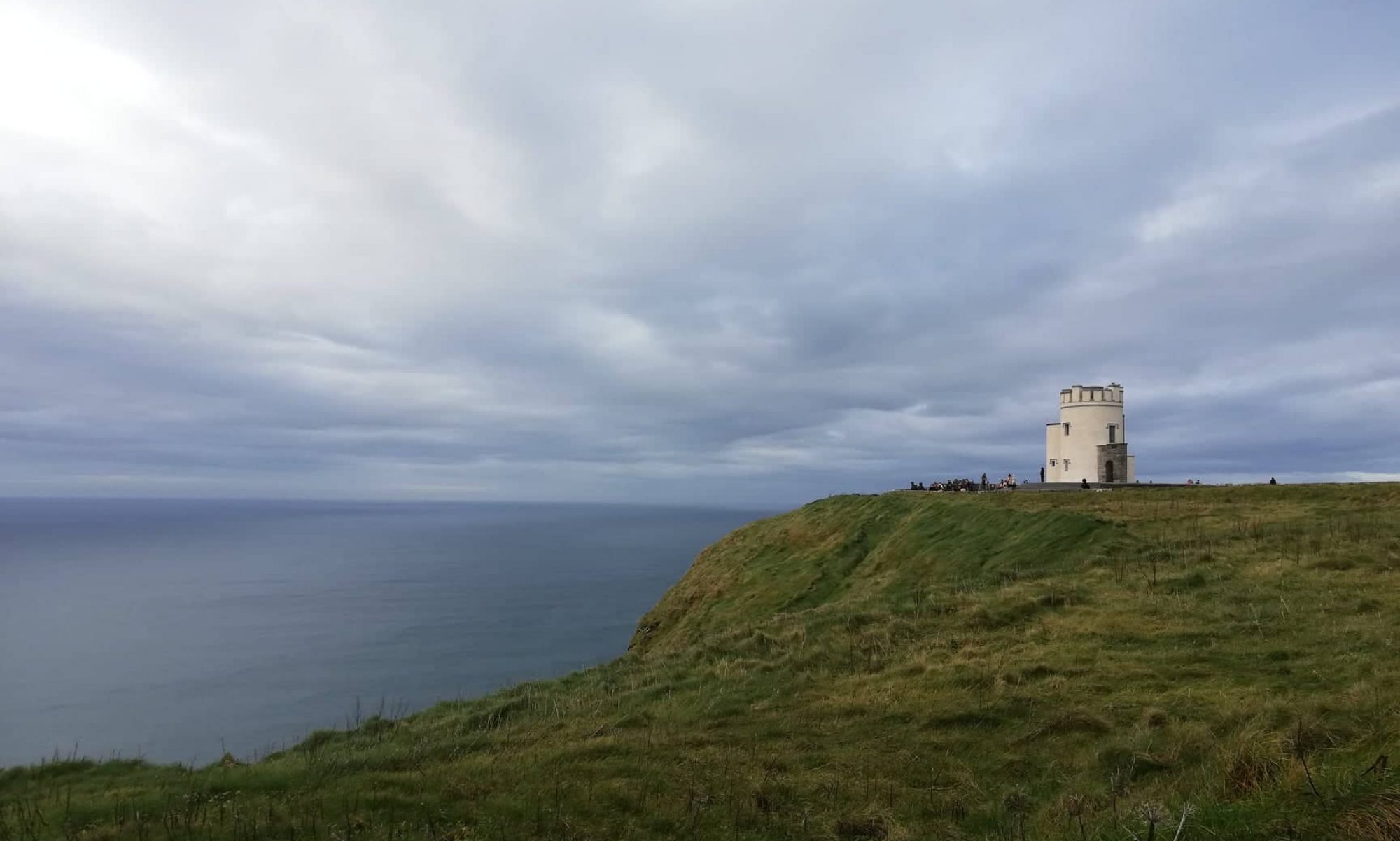Creation of LinkedIn Profile
Assignment 2.2 involved creating a LinkedIn profile in order to present ourselves in a professional manner and network with people of similar interest. In the midst of generic resumes and profiles, it was a challenge to create a profile that not only presented professional mannerisms, but also personality and character.
While listing and describing work opportunities was quite simple, I found it challenging to bring my character to the profile without losing a professional tone. Realizing that my former CVs were quite generic (eg. describing myself as a “leader” or “demonstrating strong communication skills”), it was difficult to find how I wanted to brand myself on this platform. However, looking at my past work and volunteer experiences gave me the opportunity to find a common theme in my interests and discover what I looked for in a job. In turn, I was able to identify my strengths and what I could offer potential employers. Once I could recognize this, it became much easier and much more enjoyable to do this assignment.
Formal Report Proposal
Assignment 2.1 introduced the final project in the form of a Formal Report Proposal. This first version of the report proposal, entitled: “Proposal for Determining the Feasibility of a Waste Reduction Program at UBC’s International Food Court”, was a feasibility report that outlined an investigation into implementing a recycling program. As a topic that has bothered me for a while, this project seemed like an excellent opportunity to take steps to enact change. The scope of this project included determining the cost of a waste reduction program and investigating the current recycling practices at the International Food Court. However, upon further research and peer review, it became evident that my proposal was actually much to broad for what I was attempting to investigate.
Peer Review of Proposal
Emily Leung’s peer review was incredibly helpful in editing my formal report proposal. After not looking at my proposal for a week or so, returning to it with these edits in mind allowed me to see how unspecific my wording was. While I remember having some grey areas in the first draft, I did not realize until the peer review that I frequently contradicted myself throughout the proposal. Emily helped me realize that a main point of confusion was that although I had initially began writing this as a “feasibility” type report, the style of investigation actually made it more of a “recommendation” type report. Fixing this small point allowed me to organize my ideas more effectively and also narrow the area of inquiry.
In contrast, peer reviewing Emily’s proposal allowed me to see how well formed her ideas were. Her proposal of a calendar to enhance communication among sustainability-related groups at UBC was a simple solution that had a narrow focus for her to write about. This allowed her to write a detailed and specific report in an area that she had a lot of knowledge in (and could therefore write a lot about). This was a lesson I could take back when re-editing my own work. Furthermore, at some points I was surprised by how similar our writing style was. I am often inclined to list examples in my work (especially a point followed by three examples) and while I always thought this strengthened the point, I noticed in Emily’s report that it could contribute to unnecessary wordiness. In order for this type of sentence structure to be effective, it should be used sparingly. Overall, peer reviewing Emily’s proposal was a good opportunity to analyze her strengths and weaknesses, and in turn also analyze my own.
Revised Formal Report Proposal
The revised report, entitled, “Proposal for Recommending a Recycling/Waste Reduction Program at the University Village Food Court,” now focuses more upon the efficiency of the current recycling program and how it can be improved. This new title fixes a few problems. First, upon further research I realized the technical term of the Food Court under investigation is “University Village Food Court” rather than “International Food court.” Secondly, this states that the type of report is a recommendation report rather than a feasibility report. Upon re-editing my own report, I made a variety of changes:
- attempting to reduce pronouns wherever possible
- introducing the problem in a more direct fashion
- defining a purpose to the report: to reduce landfill waste in accordance with UBC’s Zero Waste Foodware Strategy
- aligning the goals of the report to fit UBC’s sustainability strategies rather than Metro Vancouver’s strategies
- defining a specific audience: Zone D Community Advisory Council members
These changes took into account what I learned from editing Emily’s proposal as well as her suggestions for mine. In general, re-editing my report was an opportunity to better organize my own thoughts and to narrow my area of inquiry. This exercise makes me feel more confident going into the Final Report, and I’m much more excited to pursue this investigation with a clear goal in mind.
Peer Review received by Emily Leung: https://blogs.ubc.ca/engl301-99a-2019wa/2019/10/16/peer-review-formal-report-proposal/
Revised Formal Report Proposal: 301 Andree Coschizza Revised Formal Report Proposal
